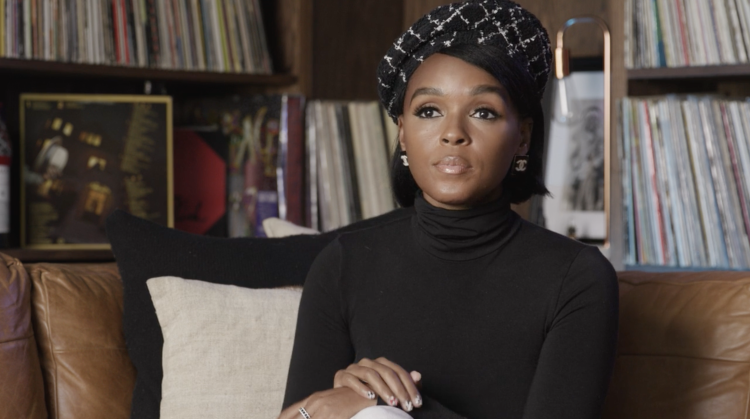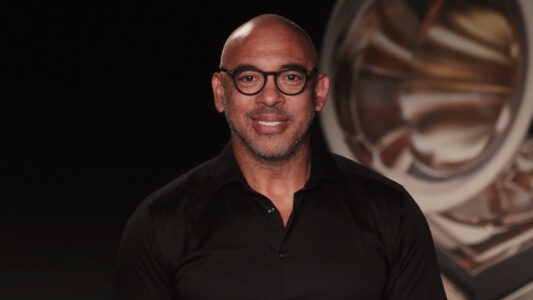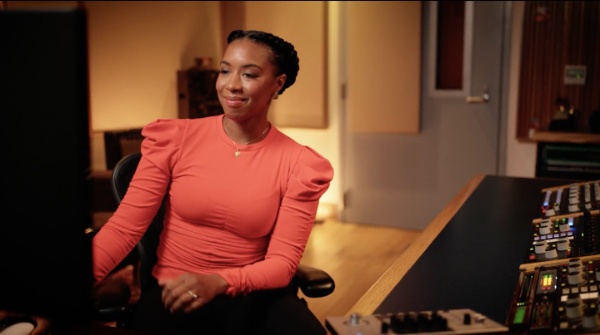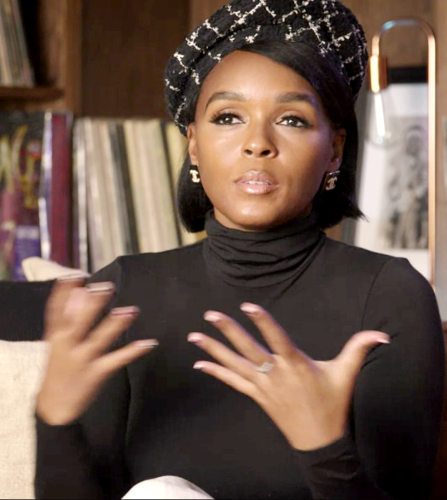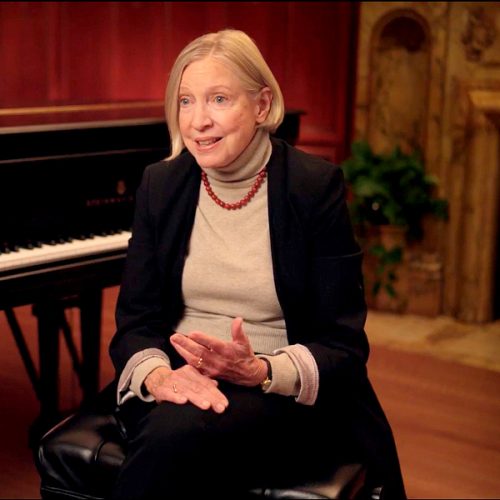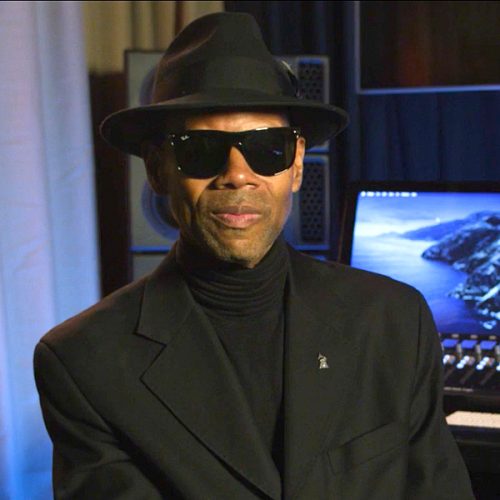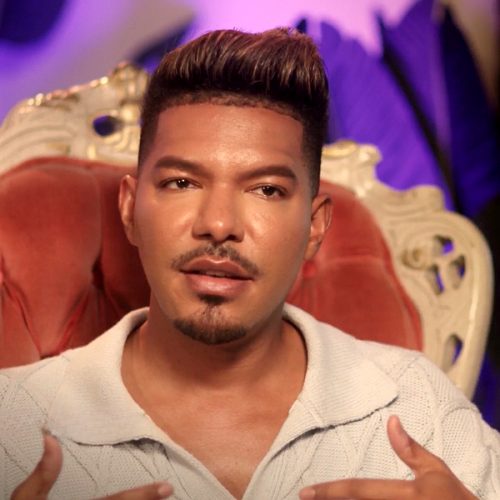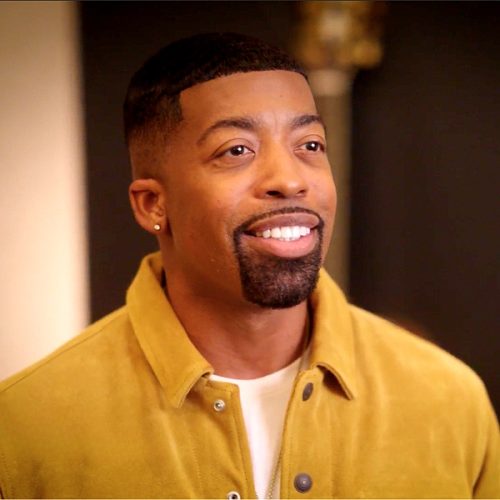Country music has come a long way from its traditional roots, evolving into a genre that embraces a wide range of influences and styles, and one represented by four different GRAMMY® Awards: Best Country Song, Best Country Album, Best Country Solo Performance and Best Country Duo/Group Performance. This evolution wouldn’t have been possible without the visionary producers who pushed the boundaries and encouraged artists to explore new territories. In this article, we’ll explore the role of country music producers in shaping the industry and highlight some of the top producers who have made a significant impact. So, let’s dive in and discover the powerhouse producers behind the evolution of country music.
Discover GRAMMY GO courses exclusively on Coursera
What Does a Country Music Producer Do?
Country music producers are the unsung heroes behind the scenes, responsible for bringing the artist’s vision to life and creating the sonic landscape that defines a song. They work closely with artists, songwriters, and musicians to capture the essence of a song and make it shine. From selecting the right instruments and arranging the music to perfecting the sound through mixing and mastering, a country music producer is involved in every step of the production process.
A producer’s role extends beyond technical expertise; they also offer creative input and guidance to help artists shape their sound and push the boundaries of the genre. They understand the nuances of country music and its various subgenres, allowing them to infuse different styles and influences into a song while still maintaining its country essence.
Major Cities for Country Music and Their Producers
Country music has strong roots in certain cities that have become hotbeds for talent and creativity. Let’s take a closer look at some of these major cities and the country music producers who have left their mark on the industry:
Nashville, Tennessee
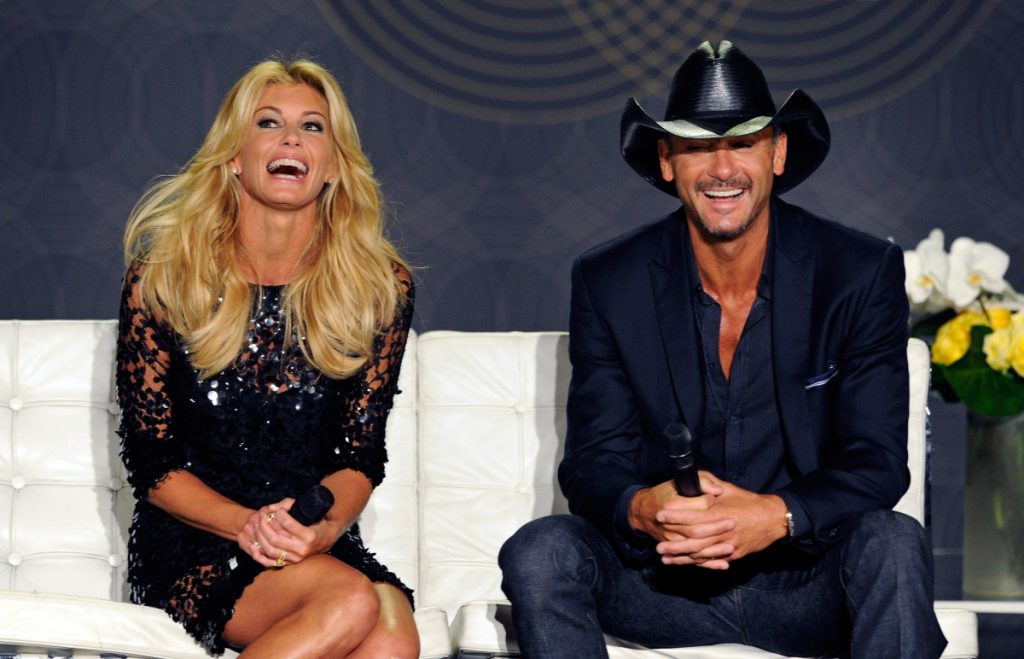
Nashville, often referred to as the “Music City,” is the epicenter of country music. It’s home to countless recording studios, labels, and some of the most influential country music producers in the industry. One such producer is Dann Huff, a GRAMMY-winning producer known for his work with artists like Keith Urban, Faith Hill, and Rascal Flatts. Huff has a knack for blending contemporary sounds with traditional country elements, creating a unique and modern country sound.
Another notable producer from Nashville is Paul N. Worley, who has worked with artists like Martina McBride, Lady A, and The Chicks. Worley’s production style leans towards a more traditional country sound, often incorporating acoustic instruments and rich harmonies into his work.
Los Angeles, California
While Los Angeles is primarily associated with the entertainment industry, it has also played a significant role in shaping the sound of modern country music. One producer who has made his mark in both the pop and country worlds is Dann Huff’s brother, David Huff. David has worked with artists like multiple GRAMMY Award winners Taylor Swift, Keith Urban, and Carrie Underwood, infusing their songs with a polished and contemporary sound.
Oklahoma City, Oklahoma
Oklahoma City may not be as well-known as Nashville or Los Angeles, but it has produced some notable country music producers who have left a lasting impact on the genre. One such producer is Toby Keith, a country music icon known for his distinctive sound and patriotic anthems. Keith has not only produced his own music but has also collaborated with other artists, lending his expertise to create chart-topping hits. With seven GRAMMY Award nominations under his belt, it’s clear that Oklahoma City is a major player in country music.
The Changing Landscape of Country Music Production
Country music has always been known for its storytelling and heartfelt lyrics. However, over the years, the genre has expanded to incorporate elements from various musical genres, including rock, pop, and hip-hop. This shift in sound and style has been largely driven by the producers who have encouraged artists to experiment and explore new sonic landscapes.
The Rise of Genre-Fluid Artists

One of the most significant changes in country music is the rise of genre-fluid artists who don’t confine themselves to traditional country sounds. These artists, such as GRAMMY Award winner Zach Bryan and Morgan Wallen, have blurred the lines between genres, incorporating influences from rock, alternative, and hip-hop into their music.
Country music producer Ryan Hadlock, known for his work with Zach Bryan, emphasizes the genre-fluid nature of today’s country musicians. He states, “Even the term ‘country music’ is almost becoming passé in some ways because in working with Zach, in a lot of ways, he doesn’t really consider himself a straight-up country musician.”
The Impact of Minimal Production
In this era of genre-blending, minimal production has played a crucial role in allowing artists to traverse different musical landscapes. Producers like GRAMMY Award nominee Joey Moi, famous for his work with Morgan Wallen, have embraced scaled-back production to create music that resonates with a diverse audience.
Moi explains the importance of simplicity in Wallen’s chart-topping hit “Last Night,” stating, “We purposefully kept it simple… It lends itself to being accessible by more lanes as far as radio formats; it was tougher to define as just a country song, or just a pop song or [adult top 40] song. It kind of fit everywhere.”
The Influence of Non-Country Backgrounds
Many of the top country music producers have diverse musical backgrounds that extend beyond the country genre. Producers like Dave Cobb and Dan Auerbach, with a total of 17 GRAMMY Awards to their names, have been responsible for some of the most significant releases in country and roots music in recent years. Their ability to draw from a wide range of influences has contributed to the genre’s evolution.
Additionally, producers like Adam Odor, who may not be household names yet, have made significant contributions to the country music scene. Odor’s work with artists like Mike and the Moonpies and Colter Wall showcases his talent for capturing the essence of country music while infusing it with a fresh perspective.
13 Modern Country Music Producers Shaping the Genre
Now that we’ve explored the changing landscape of country music production, let’s take a closer look at some of the top producers who have played a pivotal role in shaping the genre. While this list is by no means exhaustive, it highlights a diverse group of producers who have left an indelible mark on country music.
- Dann Huff, who was nominated for four GRAMMY Awards for his work with artists like Keith Urban and Faith Hill.
- Reba McEntire, a country music legend who has not only had a successful career as an artist but has also produced her own music, winning a GRAMMY Award for her production work.
- Jay Joyce, a versatile producer known for his work with artists like Eric Church and Little Big Town, has also earned two GRAMMY Awards for his production skills.
- Ryan Hadlock: Known for his work with Zach Bryan, Hadlock’s rustic and organic approach to production has helped create genre-fluid hits that resonate with a wide audience.
- Joey Moi: Moi’s work with Morgan Wallen has showcased his ability to blend contemporary country with elements of hip-hop and pop, resulting in chart-topping success.
- Dave Cobb: Cobb’s production style, which draws from a wide range of influences, has been instrumental in the success of artists like Chris Stapleton and Sturgill Simpson.
- Dan Auerbach: Auerbach’s work as a producer and musician has helped bridge the gap between country and rock, collaborating with artists like Yola and The Marcus King Band.
- Adam Odor: Though not as widely recognized, Odor’s work with artists like Mike and the Moonpies and Colter Wall has earned him a reputation for capturing the essence of traditional country music.
- Mark Neill: Neill’s collaboration with Charley Crockett on the album “Welcome to Hard Times” showcased his cinematic vision and ability to bring a story to life through music. Beyond country music, Neill’s work on the Black Keys‘ album Brothers won him a GRAMMY Award for Best Alternative Music Album.
- Jonathan Singleton: Singleton’s work as a producer and songwriter has contributed to the success of artists like Luke Combs, helping them achieve chart-topping hits.
- Austin Shawn: Shawn’s production work with Bailey Zimmerman demonstrated his ability to experiment with different sounds and create a unique blend of country and rock.
- Austin Nivarel: Nivarel’s production on Jelly Roll’s “Need a Favor” showcased his talent for blending rock and country, resulting in a breakthrough hit.
- Bobby Cochran: Cochran’s collaboration with Charley Crockett on the videos for “Welcome to Hard Times” demonstrated his ability to bring Crockett’s vision to life visually.
The Future of Country Music Production
As country music continues to evolve, the role of producers will remain integral in shaping the genre’s direction. Producers who embrace innovation, encourage genre-blending, and push artists to explore new sonic landscapes will continue to play a crucial role in the future of country music.
With the rise of streaming platforms and the democratization of music production, we can expect to see a diverse range of voices and perspectives in country music production. The barriers to entry have been lowered, allowing talented producers from all backgrounds to contribute to the genre’s evolution.
The power of country music producers cannot be underestimated. Their vision, creativity, and ability to push boundaries have been instrumental in shaping the genre and allowing it to reach new audiences. As country music continues to evolve, we can look forward to the influence of producers who embrace genre-fluidity and encourage artists to explore new sonic territories. The future of country music production is bright, and we have these visionary producers to thank for that.
Photo by Chad Morehead on Unsplash

